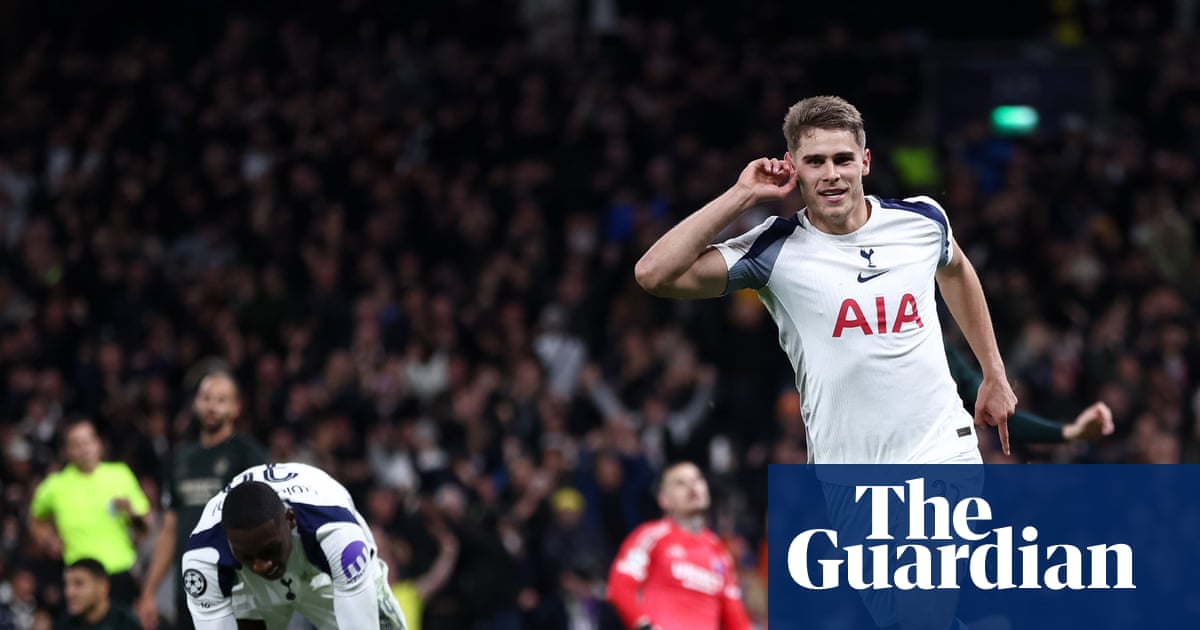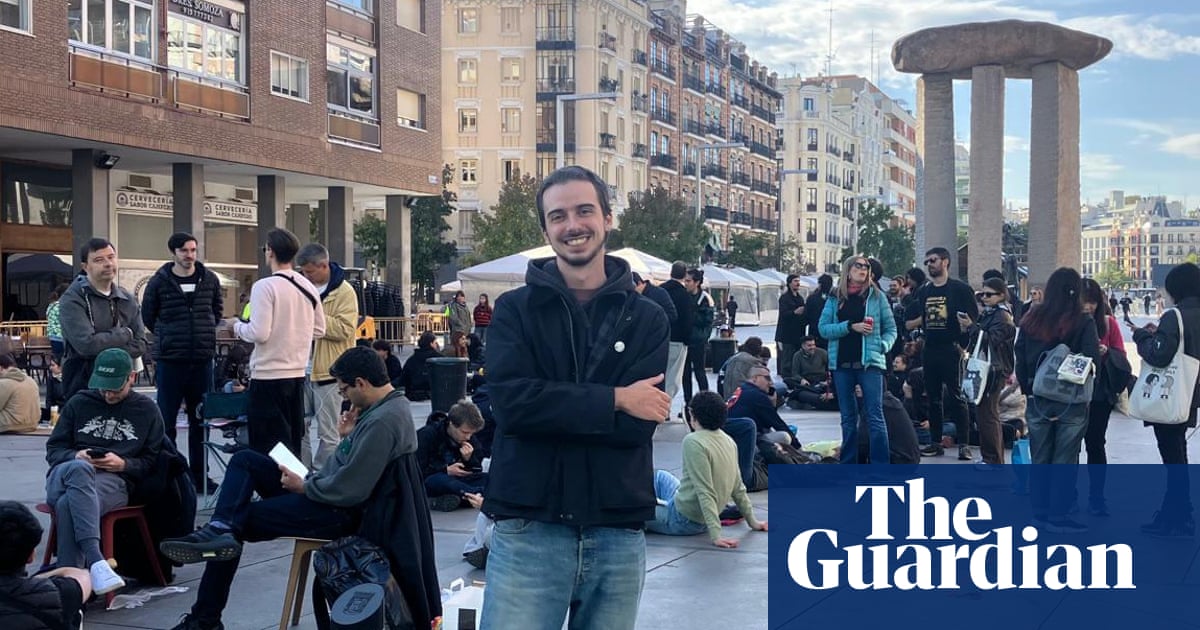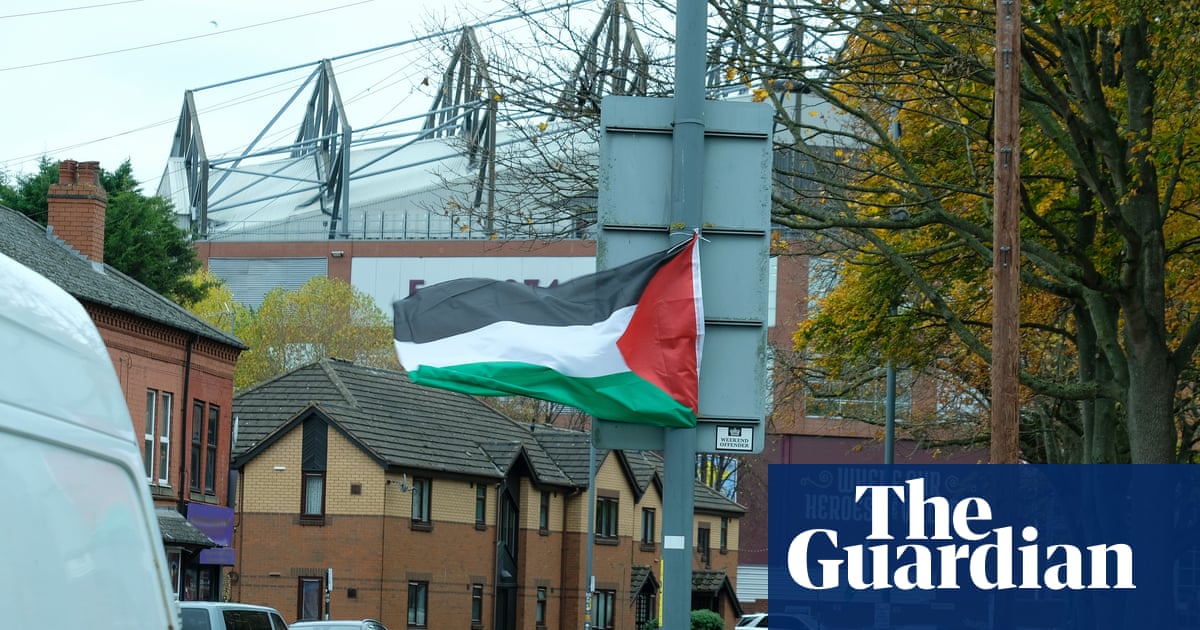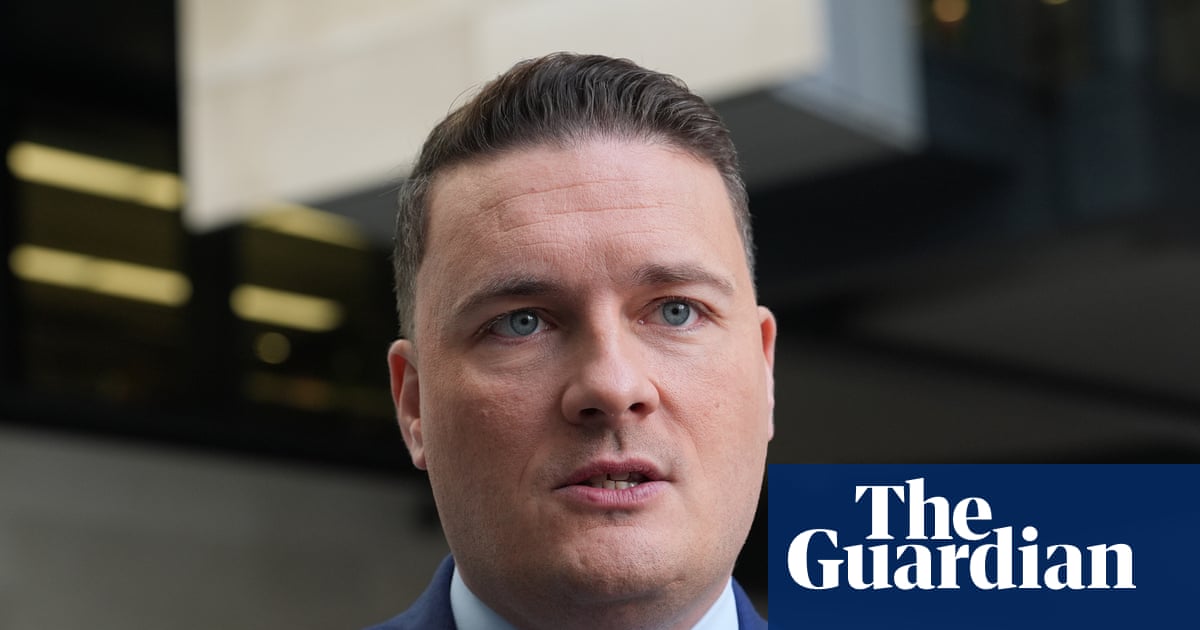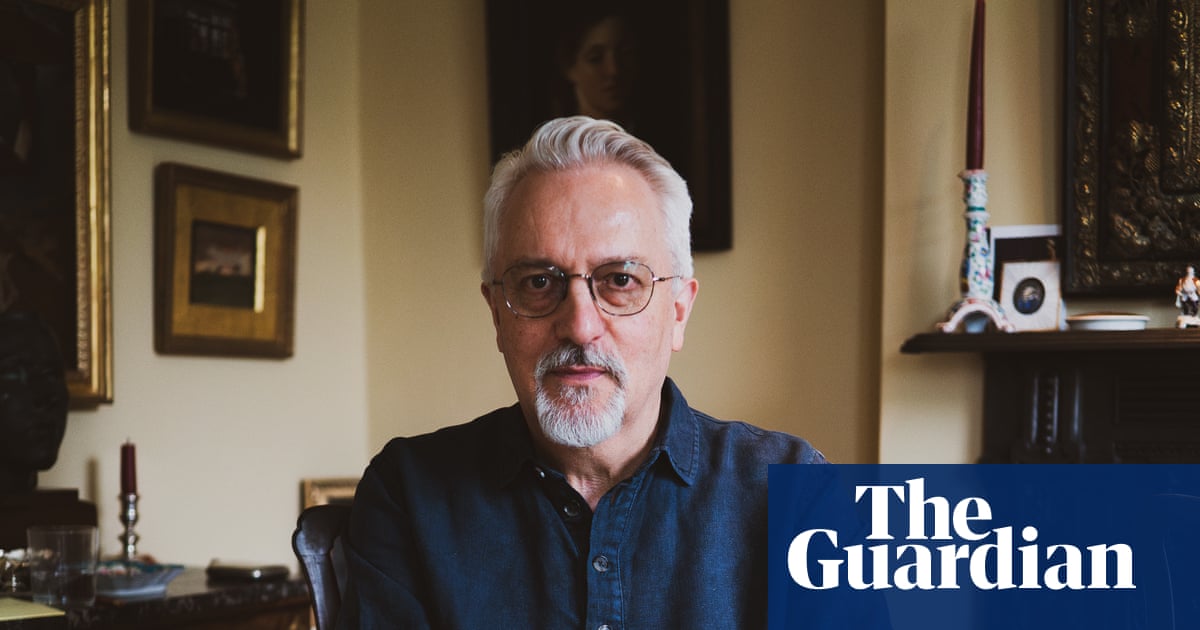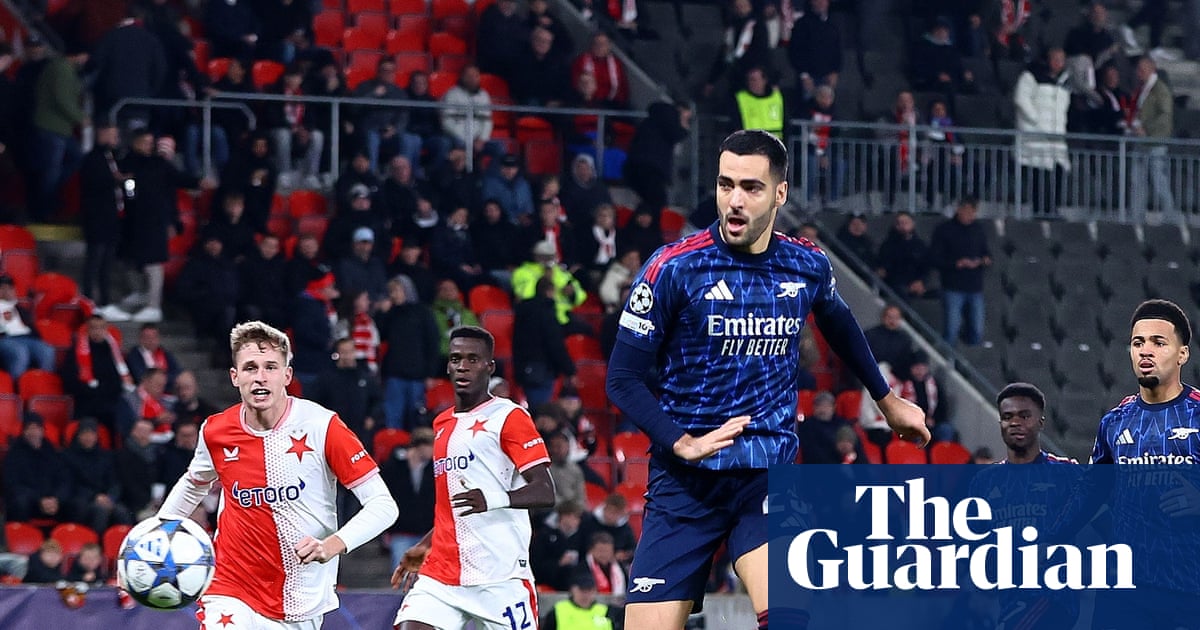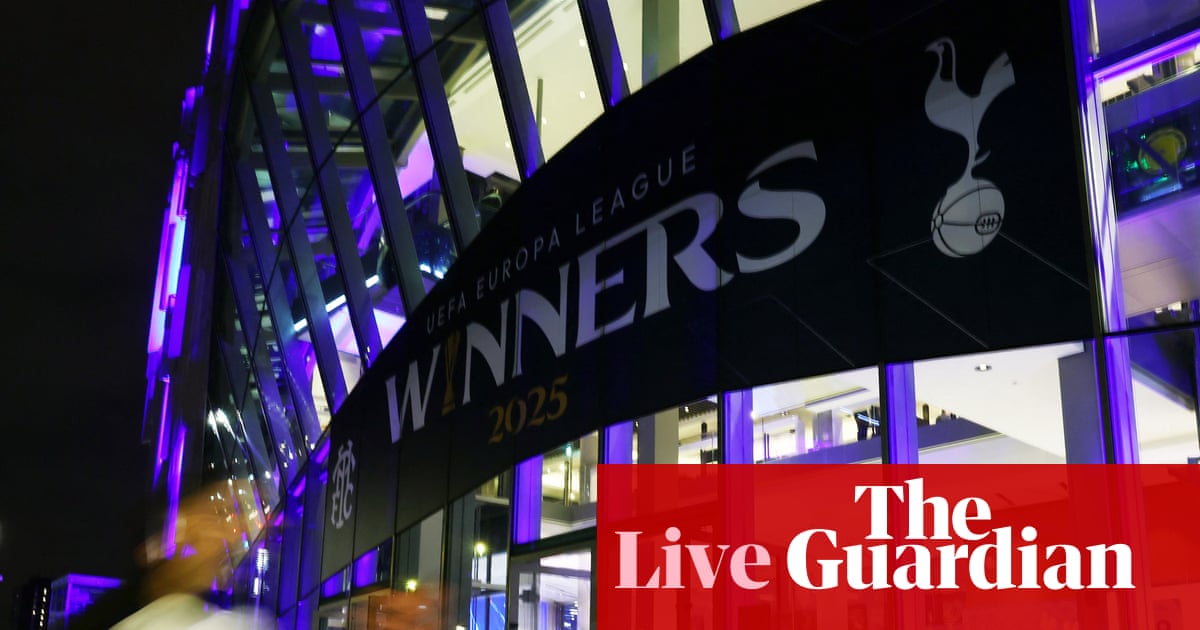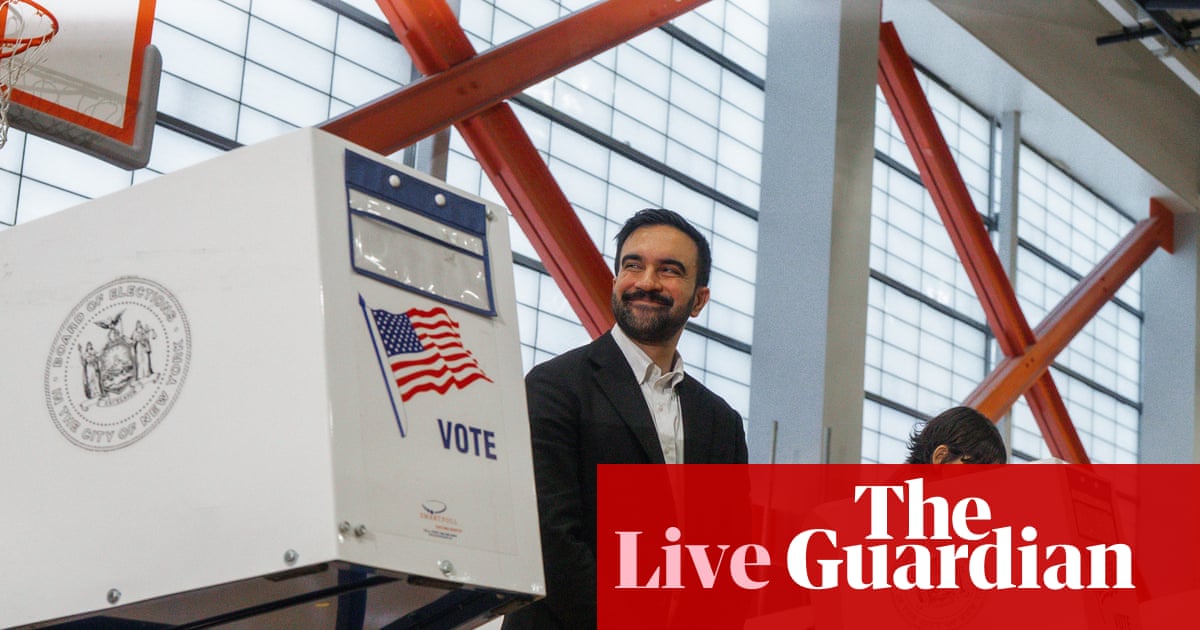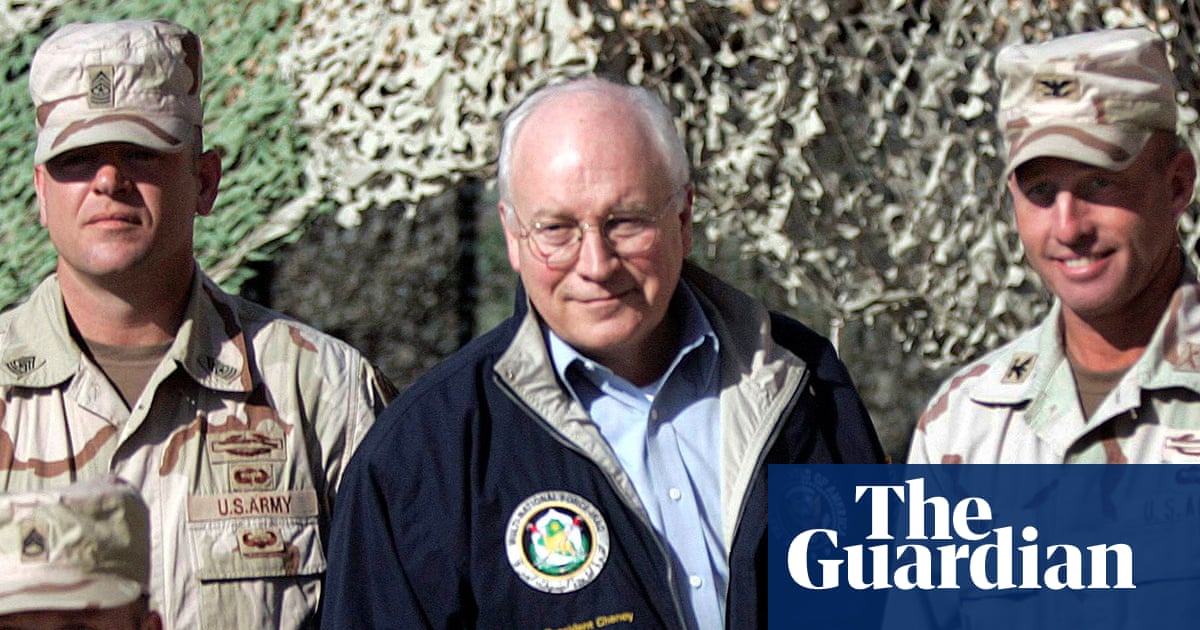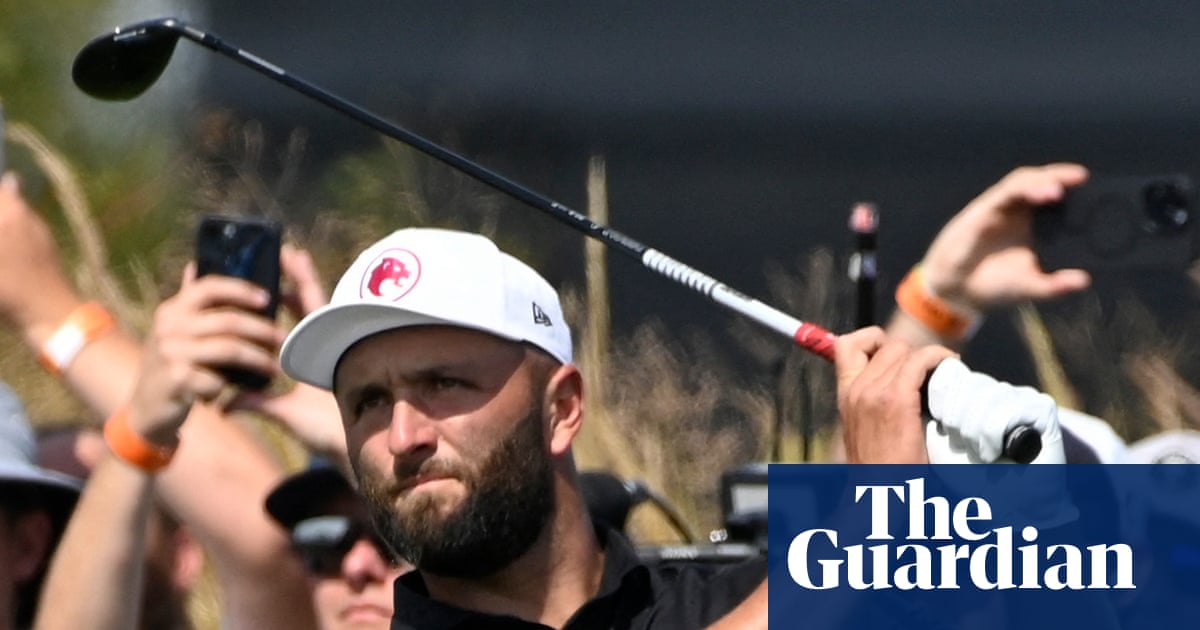For a genocide to occur, everything that people think is wrong has to first be turned on its head. There have been endless examples of this gruesome phenomenon in the past 21 months; Monday’s report on the BBC’s scrapped documentary about the plight of children in Gaza is just the latest instance.
Gaza: How to Survive a Warzone was a rare example of the unbearable experiences of Palestinians being properly investigated by Britain’s public broadcaster. But within the media, this documentary has become a bigger scandal than the suffering of Palestinian children.
When a researcher named David Collier, who has written widely in defence of Israel, discovered that the 13-year-old narrator of the film, Abdullah, was the son of the deputy agriculture minister in Hamas’s government, all hell broke loose. After a deafening chorus of condemnation from pro-Israel lobby groups, British newspapers and the government, the documentary was taken off iPlayer.
Monday’s review states that the failure to disclose this connection violated the BBC’s editorial guidelines, which stipulate that the corporation must “provide full transparency to its audience”. But it concludes that Hoyo Films, the independent production company that made the film, did not intentionally mislead the BBC. It says Hoyo’s view had been – rightly – that Abdullah’s father had a “civilian or technocratic” position within Hamas as opposed to a political or military role, and that it had simply “made a mistake” in not informing the BBC.
Here is the crucial point. All of Abdullah’s words were scripted by the production company, since he was the narrator. The report “[does] not consider that anything in the narrator’s scripted contribution to the programme breached the BBC’s standards on due impartiality”, and found no evidence that Abdullah’s father or family influenced the script in any way. In other words, it was completely irrelevant who his father was.
There was no substantial justification for taking this documentary off air. The immediate repercussions were that the young narrator and his family were inundated with abuse and harassment, with Abdullah declaring that the BBC was to blame if anything happened to him. Such fear is hardly baseless: thousands of children have been slaughtered by Israeli troops, including the 12-year-old Mohammed Saeed al-Bardawil, one of the only witnesses to Israel’s killing of paramedics and first responders in March.
In the past few days, Israeli forces have killed Palestinian children waiting to collect nutritional supplements and others waiting for water. The latter incident, they claimed, was a “technical error”. Is this the explanation for how one of the world’s most sophisticated militaries, with technology allowing it to know exactly who it is about to kill in its strikes, has plausibly killed tens of thousands of children since October 2023?
Still, in Britain there is infinitely more scrutiny of this documentary than of these historic crimes. The culture secretary, Lisa Nandy, has even demanded to know why no one has been sacked at the BBC after its decision to air the documentary. In Nandy’s upside-down world, a single detail in a documentary that exposes the killing of children should destroy careers. What about her colleagues who have supported the continued supply of military equipment for Israeli forces as they commit a livestreamed genocide?
The media backlash against this documentary prompted the BBC to pause another documentary, Gaza: Doctors Under Attack, which investigated Israeli attempts to destroy Gaza’s healthcare system (so far, this has killed at least 1,580 healthcare workers). The BBC pulled the film despite it having been approved at every level, with no factual objections to anything in it (the documentary was ultimately broadcast on Channel 4). According to Ben de Pear, the documentary’s executive producer and a former Channel 4 news editor who wrote about the decision in the Observer, BBC script meetings were dominated by discussions about potential objections from Collier and the lobby group Camera. Collier’s pro-Israel social media output is instructive: he has written that “Jewish people have every reason to see the Palestinian flag as a flag of genocidal hate”, and that “the Palestinian identity, and especially the ‘refugees’ were developed ONLY as a weapon against Israel”.
The furore has been used to justify the idea that the BBC is biased against Israel, yet the exact opposite is true. In a damning report, the Muslim Council of Britain’s Centre for Media Monitoring found that the BBC gave Israeli deaths far more coverage in its articles when measured on a per-fatality basis – and using the overly conservative official Gaza death toll. The vast majority of emotive words, such as “massacre”, “atrocities”, “slaughter”, “barbaric” and “brutal”, were reserved for Israeli victims. Israeli voices were heard far more often than those of Palestinians. This has angered many within the BBC, too, who want to report fairly on the conflict: more than 100 have signed a letter criticising the choice not to air Gaza: Doctors Under Attack.
Meanwhile, the historic context for Israel’s crimes against Palestinians has been ignored and erased. The numerous statements of genocidal and criminal intent by Israeli leaders have barely been acknowledged. Like other western media outlets, the BBC has stripped Palestinian lives of their worth, ignored and whitewashed Israeli crimes and repeatedly treated Israeli denials of atrocities as credible, even when those denials are repeatedly exposed as lies.
Morality has been turned on its head. The BBC must be perceived as pro-Israel, despite the overwhelming evidence of its crimes. The scandals must be reserved for documentaries about Palestinians, rather than the horrors those Palestinians endure. But here lies the problem. Thanks not least to the work of Palestinian journalists, much of the world has already witnessed the atrocities that are being committed by the Israeli state. They can see the mismatch between what they know to be true and what media outlets such as the BBC report.
The BBC has alienated its natural supporters and is detested by the right because it’s a public broadcaster. Its journalistic failures in the Conservative years increasingly undermined faith in its editorial standards. Now, its failure to accurately report on the great crime of our age has only deepened that outrage. Who, then, will be left to defend this ailing beast?
-
Owen Jones is a Guardian columnist

 3 months ago
111
3 months ago
111
